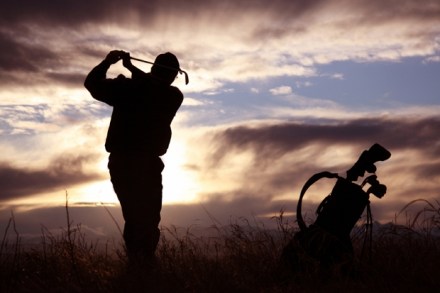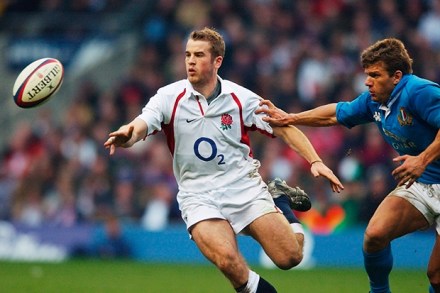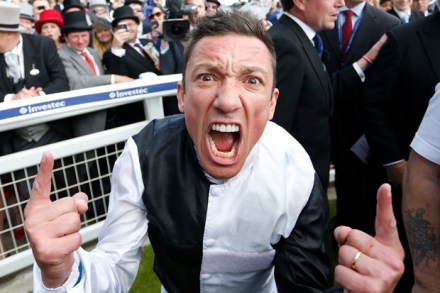Why did Maria Sharapova allow herself to get caught?
Maria Sharapova topped the list for the world’s highest earning female athlete for 11 consecutive years. Not that she has ever been the world’s best female athlete. She isn’t even the best in her own sport. You measure tennis players by their grand-slam singles titles: Sharapova has five, Serena Williams 21. But Sharapova pulled off the win-double of the bimbo-champion, and that’s where the money is. Williams could win another hundred slams and still lag behind Sharapova as an earner, because she’s not even a bit blonde. Before Sharapova won Wimbledon at 17, Anna Kournikova had shown how it was done. Kournikova earned pots more than infinitely better players because

















